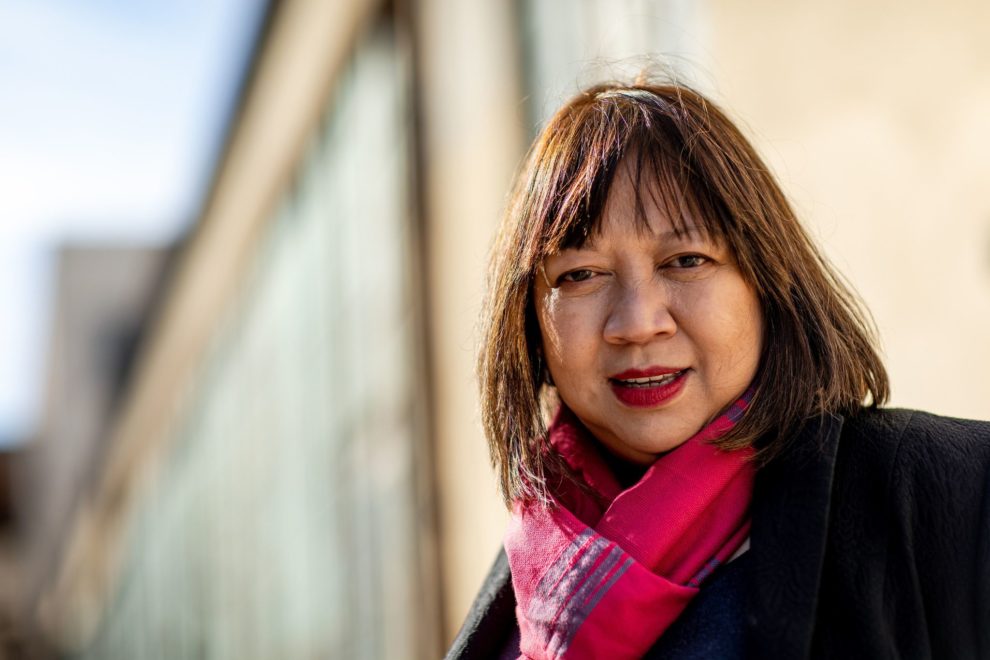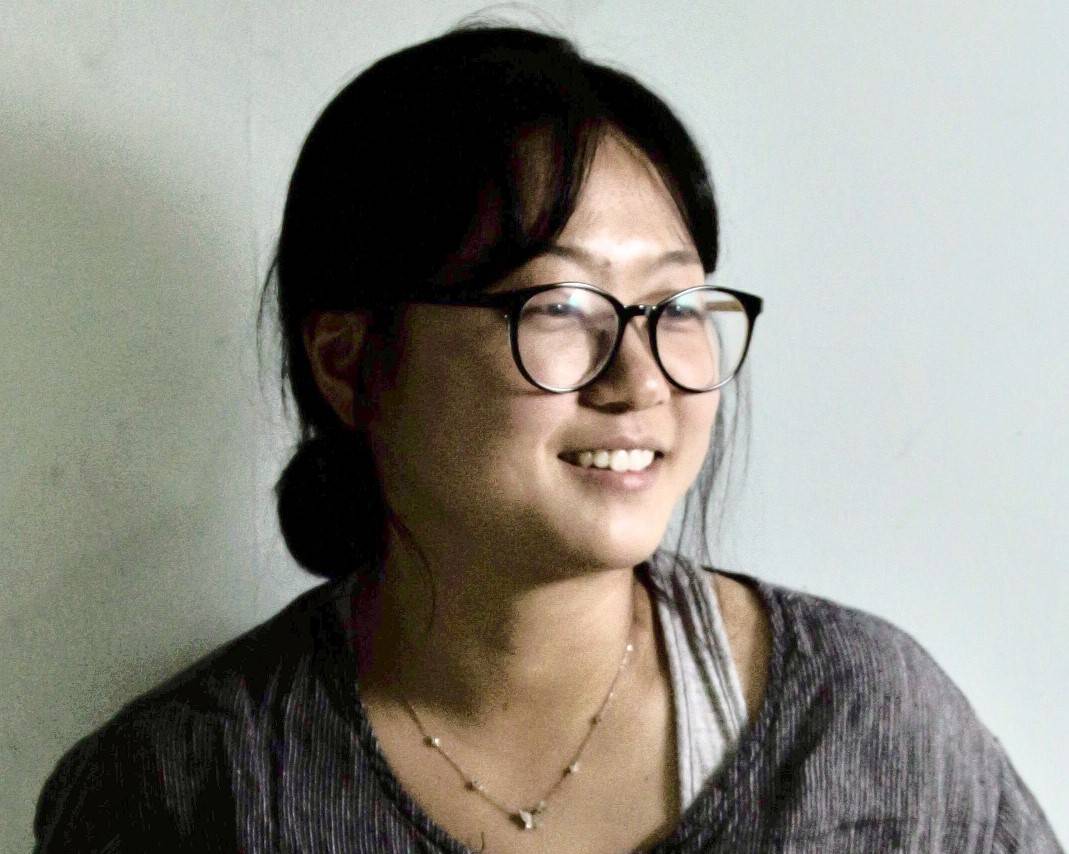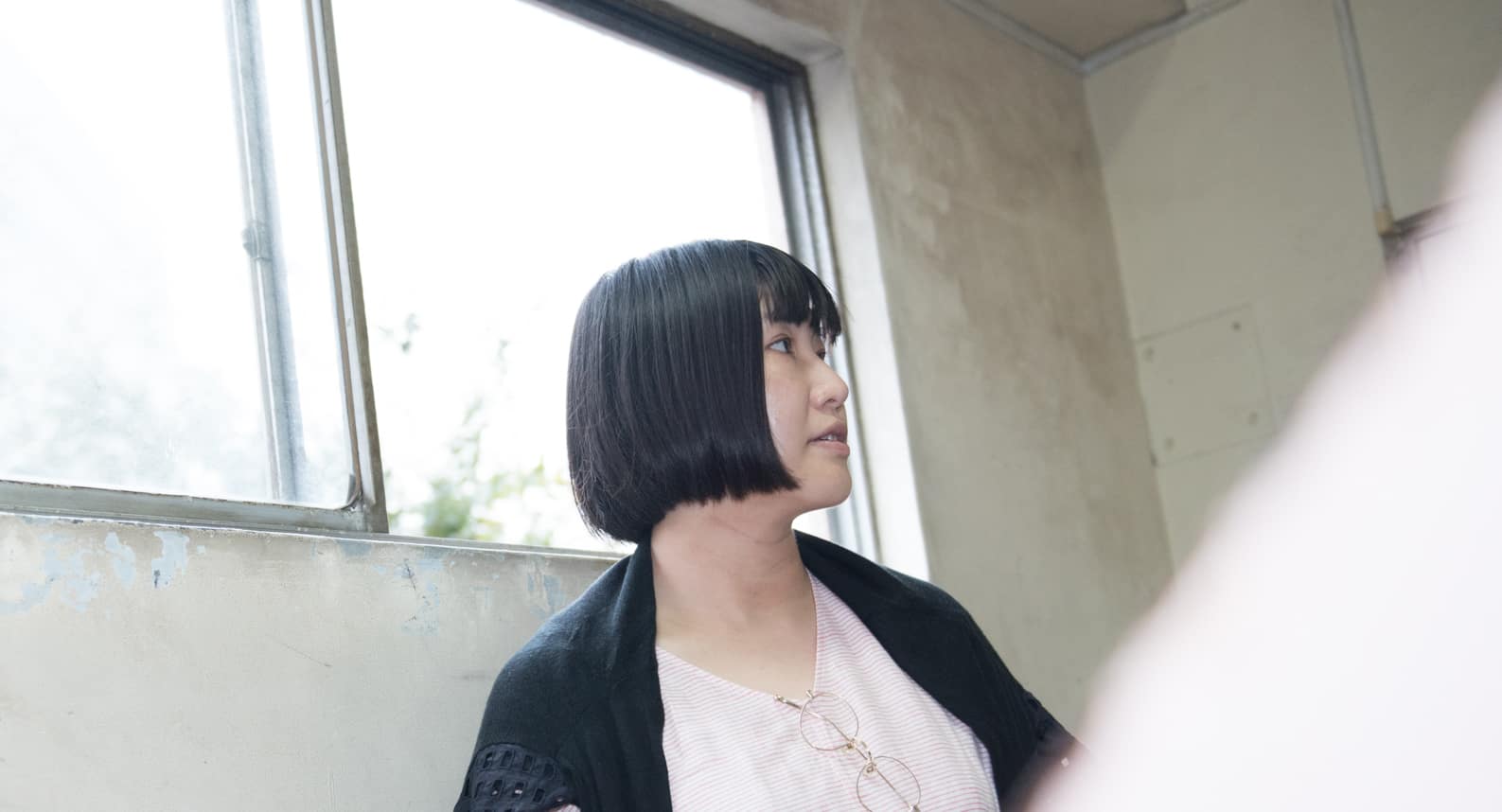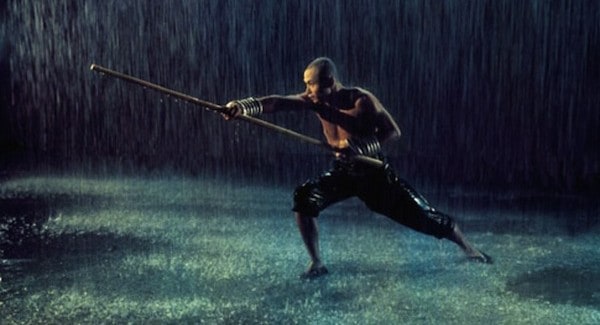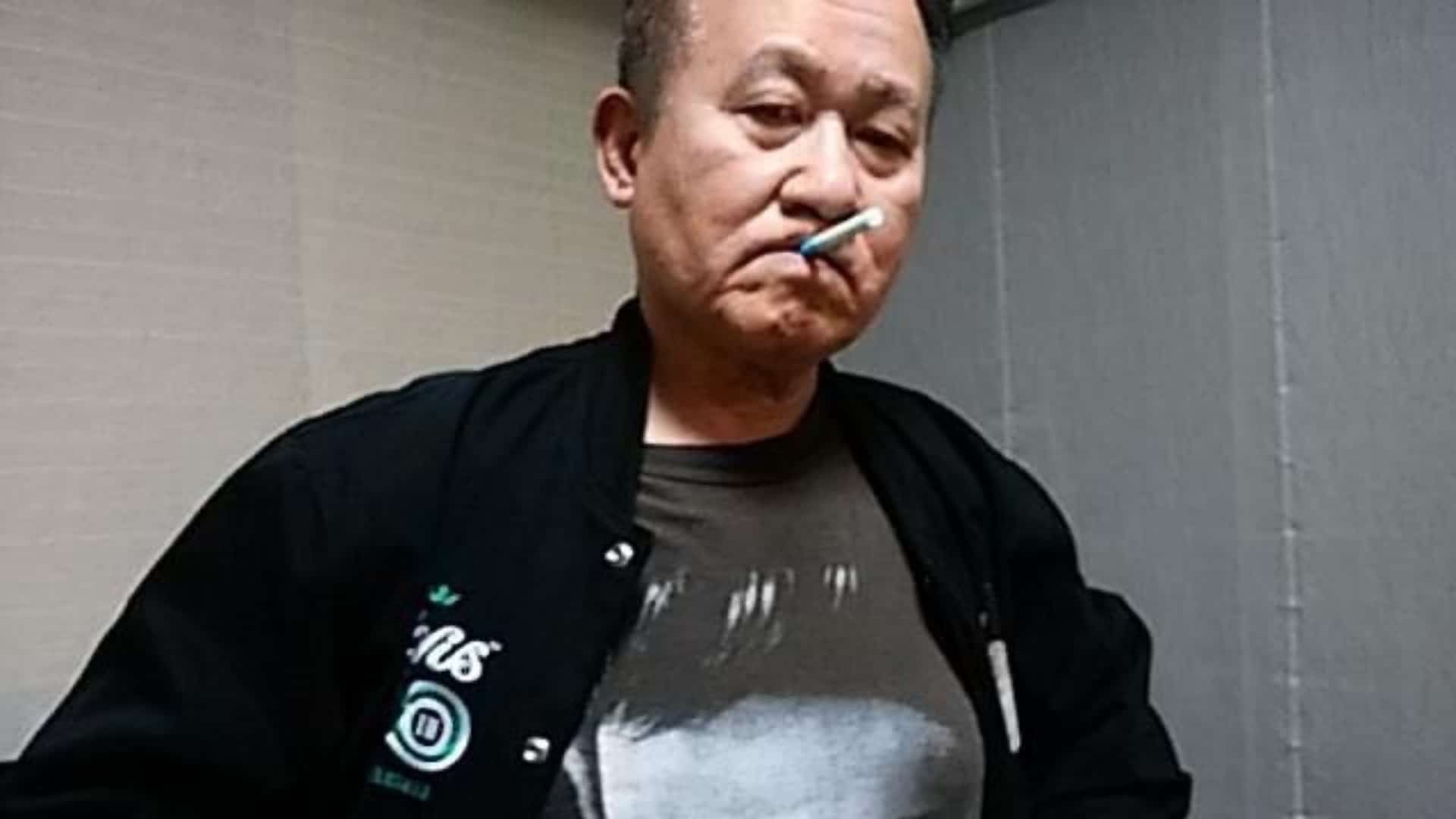Ramona S. Diaz is a Filipino-American documentary filmmaker best known for creating “character-driven documentaries”. Her notable works include the 2012 film “Don't Stop Believin': Everyman's Journey”, featuring the band Journey and its new lead vocalist Arnel Pineda, which won the Audience Award for the 2013–2014 season of PBS's Independent Lens and the 2003 film “Imelda”, about the life of Imelda Marcos, former First Lady of the Philippines.
Three of Diaz's films have screened at The Sundance Film Festival: “Imelda”, “Motherland” and most recently “A Thousand Cuts” in 2020. Motherland received a Special Jury Award at Sundance in 2017 and premiered the same year at the Berlin International Film Festival.
On the occasion of “A Thousand Cuts” screening at San Diego Asian Film Festival, we speak with her about Maria Ressa, Duterte and other key members of his administration, the War on Drugs, journalism and activism, fighting against all odds, and many other topics.
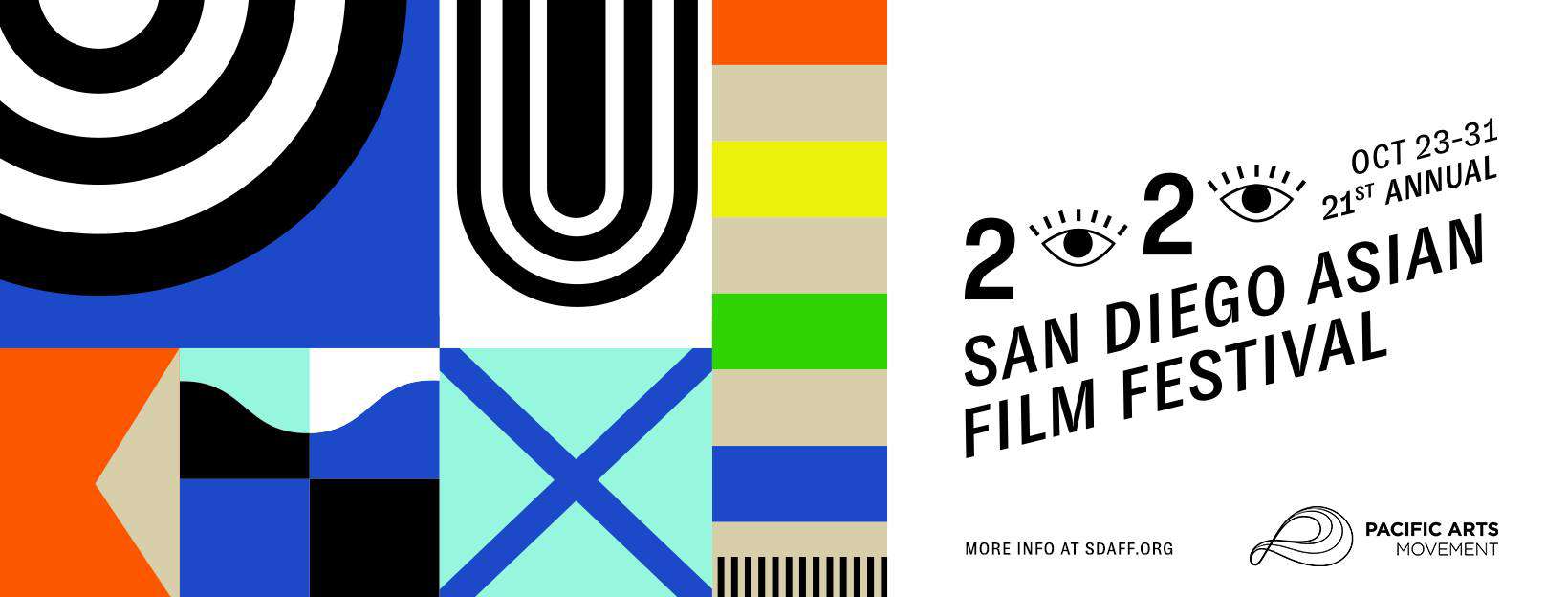
How would you describe the government's handling of the pandemic?
Basically, there is no response to Covid. The President's response to the pandemic is much akin to his response towards the Drug War. It is a police, militarist response, as opposed to a public health response. The Philippines have been having one of the strictest lockdowns: there is a curfew, and if one is caught outside during the curfew, one can be arrested or even shot. However, there is no tracing, no testing and so there is no actual point to the lockdown, in terms of public health and controlling the pandemic. I suppose in some terms it is working, but it is not a long-term solution, because at some point you need to open up, since the economy is tanking; however, you cannot do that without taking care of the public health aspect.
Why do people vote for Duterte?
It is a surprise for me, but it is like here, in the US, with Trump; he lies and people excuse him. In the Philippines, Duterte is is very misogynistic, but his spokesperson has stated that that is just the way he responds in times of calamity or stress, which is absurd of course. There is also the matter of his popularity and his ability to appeal to the desperation of the people to believe in something. The way he is able to handle social media, as you see in the film, the way he manages to spread lies about his administration in a way that a lot of people believe them. That is some kind of gaslighting: you believe the untruths and you do not accept the things that you hear. Philippines is one of the top or even the top country in consuming social media, and sns play a rather important factor to his popularity.
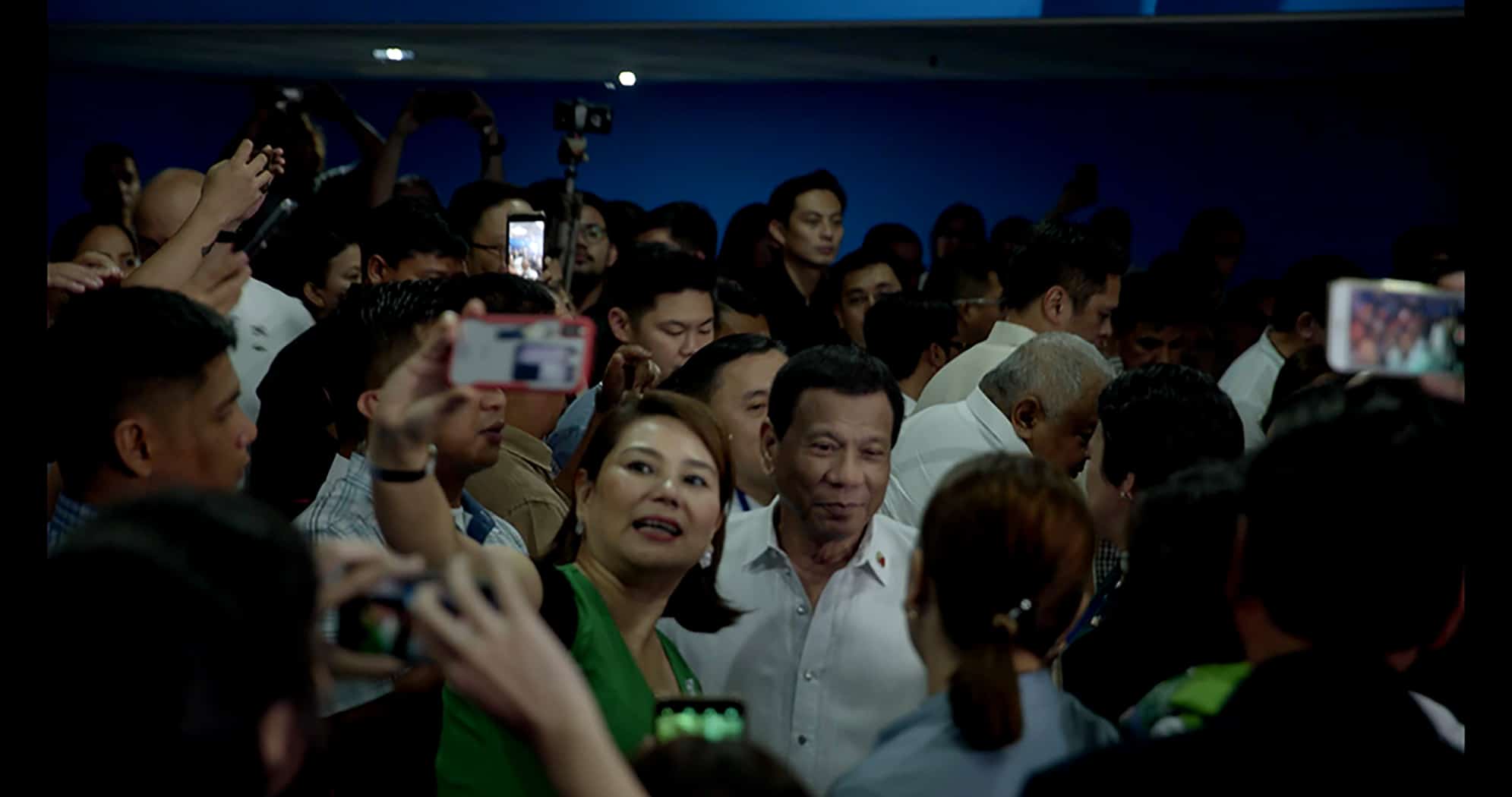
How do you think Duterte perceives himself though?
I think he believes in what he is doing. No one is a bad guy in his own story, everyone is a hero in their own story. So, you want to tell your version of the story, because in your version, you are the hero. Especially if you are in power, and you are in a bubble and people around you tell you, “Yes, you are right”, after a while you believe it. That is why people believe it, because they also want to tell their side of the story.
Was it difficult following Maria Ressa around? She seems like she never stops.
Oh yes, she has so much energy. And apart from that, we had to follow her all over the world. We were not ready for that, but we had to do it. She rarely sleeps, she has so much energy and we just had to keep up, because otherwise, we would have just been left behind. However, it was made easier because she gave us access. So with her, when she accepted to be filmed, it was no longer a game. Because when I film other people, they say yes, but when they realize what is all about, you still have to play some kind of game to get access. With Maria, because she has worked in the field of journalism, she knows how important access is, so when she said yes, we were together with her everywhere: in prison, in the hotel room, in her apartment. However, this is only one kind of access, the physical one. There is a whole other level when you are shooting these kind of documentaries: emotional access. That is a whole other game, and that takes trust. As a filmmaker, I think, why should they trust me? They should not. I know I have to work for it.
So, trust in this kind of documentaries is one of the most important factors?
Yes, otherwise it does not work. They have to trust me and I have to trust them, that they will not abandon us as well. At some point, when I committed that Maria would be the center of the gravity of the film, I triggered a lot of resources to make that happen, and I had to trust that she will not back out. It is a mutual trust.
What do you think drives her, to go against all odds essentially?
That is a really good question. I was thinking about that during the whole filming, but at some point, you can't really fake it. I truly believe that she believes in the role of journalism, the mission of journalism, which is making power accountable. Journalists ask questions when the one in power do not want them to ask questions, certain questions. That is what drives her, the belief that independent journalism is critical for democracy. And she also understands how social media works, because she has studied the concept for a very long time. Before anyone was talking about algorithms, social media and micro-targeting and how they were related to impunity in power, she actually was. She understood the patterns and was talking clearly about what was happening. She has made it her mission to call people's attention towards the matter. Journalism and activism are not comfortable bedfellows, but she has come to realize that when you are fighting for the actual facts, you have to become an activist. Truth and facts, more facts essentially, because truth can be a matter opinion, but facts, like if it is sunny or raining outside, if you are fighting for something as basic as that, if that is activism, then you have to embrace it.
Does she every feel fear?
Absolutely, because the government has legal cases against her. And it is not only Rappler that is named, she herself is named. Legally, she is on the hook, her personal assets are on the hook. That is only one aspect. The second aspect is her personal safety. I do not think that she fears the government itself, but the crazies, who feel like they have to act on behalf of the government. As you saw in the film, people just show up in Rappler offices and harass her. I think that is also a big danger because it is more unpredictable. There is a personal threat to her in a lot of ways.
How does her family reacts in what she does? We saw one of her sisters desperately trying to make her to dress up, which seems to signify that they are close, but are they afraid, for both her and their own safety?
As you have seen in the film, there is also another sister, who asks Maria if she is afraid, because she is. Essentially, she asks Maria to acknowledge the fear. And Maria is fearful, but she has worked as a war correspondent, she has covered wars for CNN before, so her family has gotten used to the idea of Maria being in danger. I think, however, that it is different this time, because it is playing in real time. Even in war, there is usually an exit strategy. You plan your way in, your way out. But this time, there no exit strategy, and this kind of fear is new to her family, because the threat is unknown, relentless, exhausting, and there is an end somewhere, but, right now, it is not visible at all, when it will be coming. Obviously her family is affected.
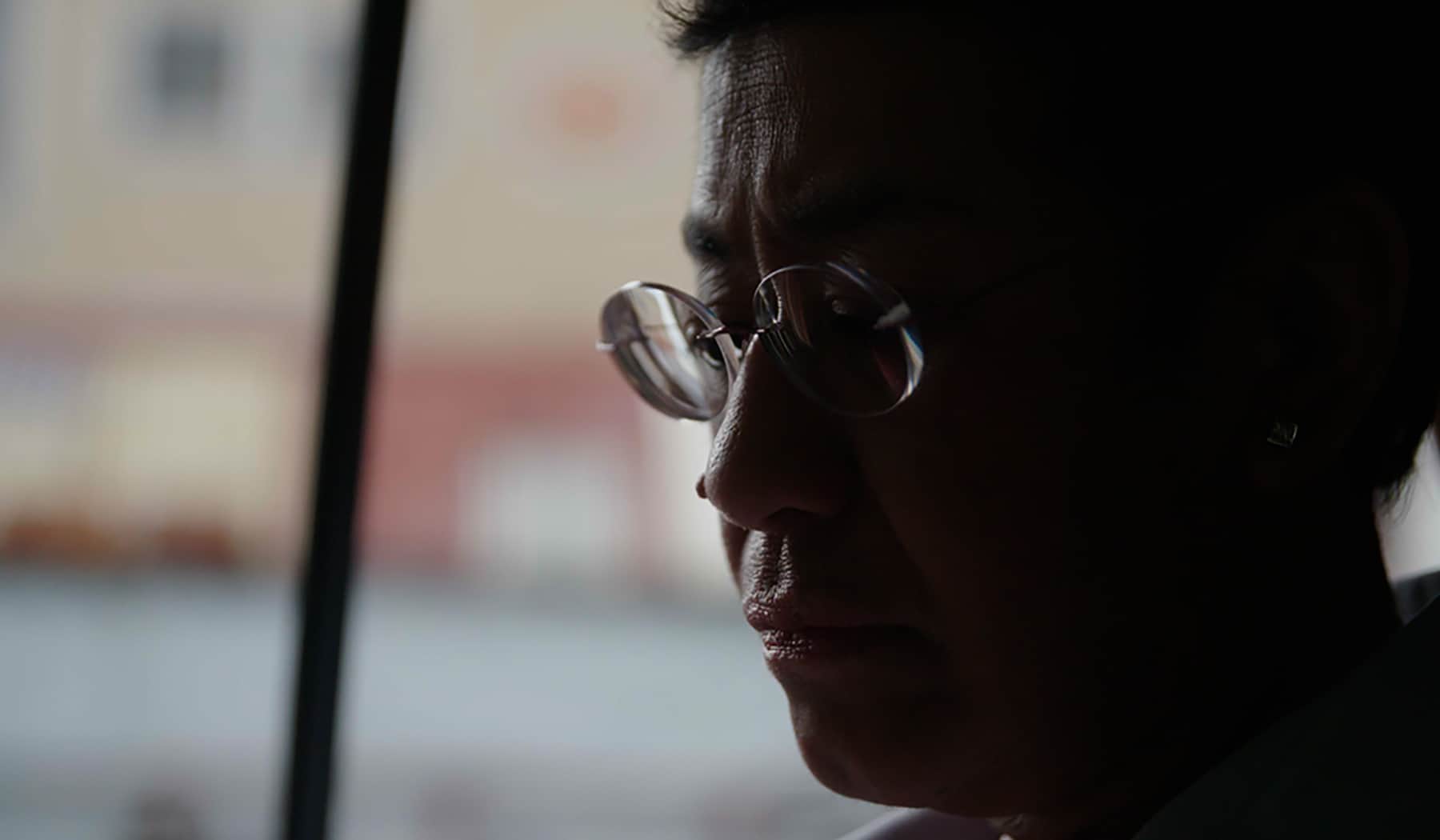
Have you ever seen her actually break down though?
I think when she gives her statements to the press, after she gets arrested and detained, she does a little bit. But in general she does not, and I have figured out how she manages. It was very important for me to show other people's reaction in the same circumstances, the young reporters around her, who get emotional. What she does, however, is reverting back to being a journalist. She steps back and turns into something like an observer of her own life, a very Zen mentality. For example, we were never allowed to shoot in the court but I was there and they would discuss Maria personally, but what she would do, is pull out a notebook and start writing. At one point I asked her what she was writing, and she replied that she was taking notes. I asked her why, and she replied that she just wants to remember everything that is happening. Then I asked her if she was being a reporter at that moment, and she replied, “yes, because that is my job”. So, to protect herself, she goes back to what she is comfortable doing and what she knows intimately: being a journalist. And that, almost outer-body like experience actually helps her. She observes herself being harassed and intimidated and she writes about it. I am completely the opposite and I am awed by her ability to do this. It is an incredible thing to see.
How do the people who work with Maria Ressa feel about her?
I think they respect her very much, they agree with her fight and that is why they stick around; there are easier ways to make a living (laughter). They truly believe in the fight and her cause, which is also their cause and their personal fight, and they respect her for the stand she is taking.
The film also deals with the role of Mocha Uson in Duterte's campaign. Can you tell us a bit more about her?
Before Duterte became President, she was a singer/dancer and she had a considerable following in social media. There is no two-party system in the Philippines, there are multiple political parties running, and she chose Duterte, because his message aligned with her own life experiences, since her father was assassinated. Duterte said that he would go after these kind of criminals and this resonated with her. That is why she decided to support Duterte with her considerable followers in social media and when he won, he felt very grateful and gave her a job in the government. When the film catches up with her, she is in her second job in the government, as Assistant Secretary of the Presidential Communications Operations Office (PCOO). She took care of social media messaging, which is the field she truly shines. At one point, she quit that position and run for Congress, but she lost (which is a whole other film on itself) and was hired again by Duterte to join the government in some other position. Recently, she quit that position and the government altogether, but I do not know why.
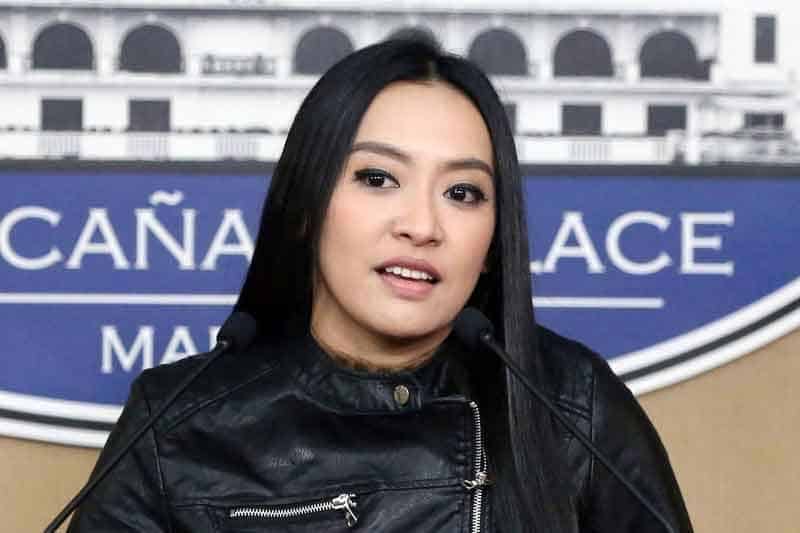
Do you think that pop culture in general plays a significant part on the way public opinion is formed?
I guess you refer to all that singing and dancing taking place during the election campaign. That did not start with Duterte, it was always like that in the Philippines, and candidates getting celebrities to endorse them on their run. I wanted to show that I am against that backdrop, which is quite cinematic, because there is a lot of entertainment and spectacle around elections. Essentially, it is a kind of distraction, there are actually very brief political speeches during these events, or even none at all, it is essentially a show where the candidates also sing and dance. And maybe some stump political speeches in between. Furthermore, during these rallies, the candidates offer food to the people who come, so a lot of these people just go there to eat. For a lot of people, election season means three meals a day. So they offer distraction, food and entertainment to those who come, so why wouldn't they attend? I would. And obviously, it works.
The film also focuses on General Bato Dela Rosa. What is his role, is he groomed as Duterte's successor?
He has been a very close associate of Duterte, ever since he was the mayor of Davao, where Dela Rosa was Police Chief. When Duterte became President, he brought a lot of his Davao allies with him, they call them “The Davao Boys”. Duterte was the first candidate to go directly from local to national office, usually politicians become senators first. He went from being a mayor to being the President directly, which was unprecedented. Dela Rosa followed him and he became National Police Chief, he was the implementer of the Drug War. Then he quit that position and became Director General of the Bureau of Corrections and then he quit that to run for Senate, and now he is a Senator.
But he is not his successor, most likely it is Duterte's daughter that will take over from him. There are Presidential elections in 2022, and since there is no reelection for the President in the Philippines, there is only one, six-year term, I think Sara Duterte will take over. She is a very interesting character, you actually see her for a little bit in the film, she is also half-American-half Jewish (her full name is Zimmerman-Duterte) and she really knows how to get a crowd. I think she is as tough as her father but without the dirty mouth.
The film also shows Maria meeting Amal Clooney. How was the experience?
She is now Maria's lawyer, as you have seen in the film, so there were many meetings. She is very smart, she has a very sharp legal mind, and she really takes over the room. I did not know that. I knew she was a civil rights lawyer, that she was a celebrity, but watching her take over a room with other lawyers is impressive, as is she.
How long did you spend shooting and how long editing?
We shot for a year and a half; I met her in 2018 and shot some bits, and then in 2019, from February until the elections wrapped. The film premiered in Sundance, which we did not expect to happen. Therefore, although I usually schedule nine to ten months for editing, we had to cut that in half.
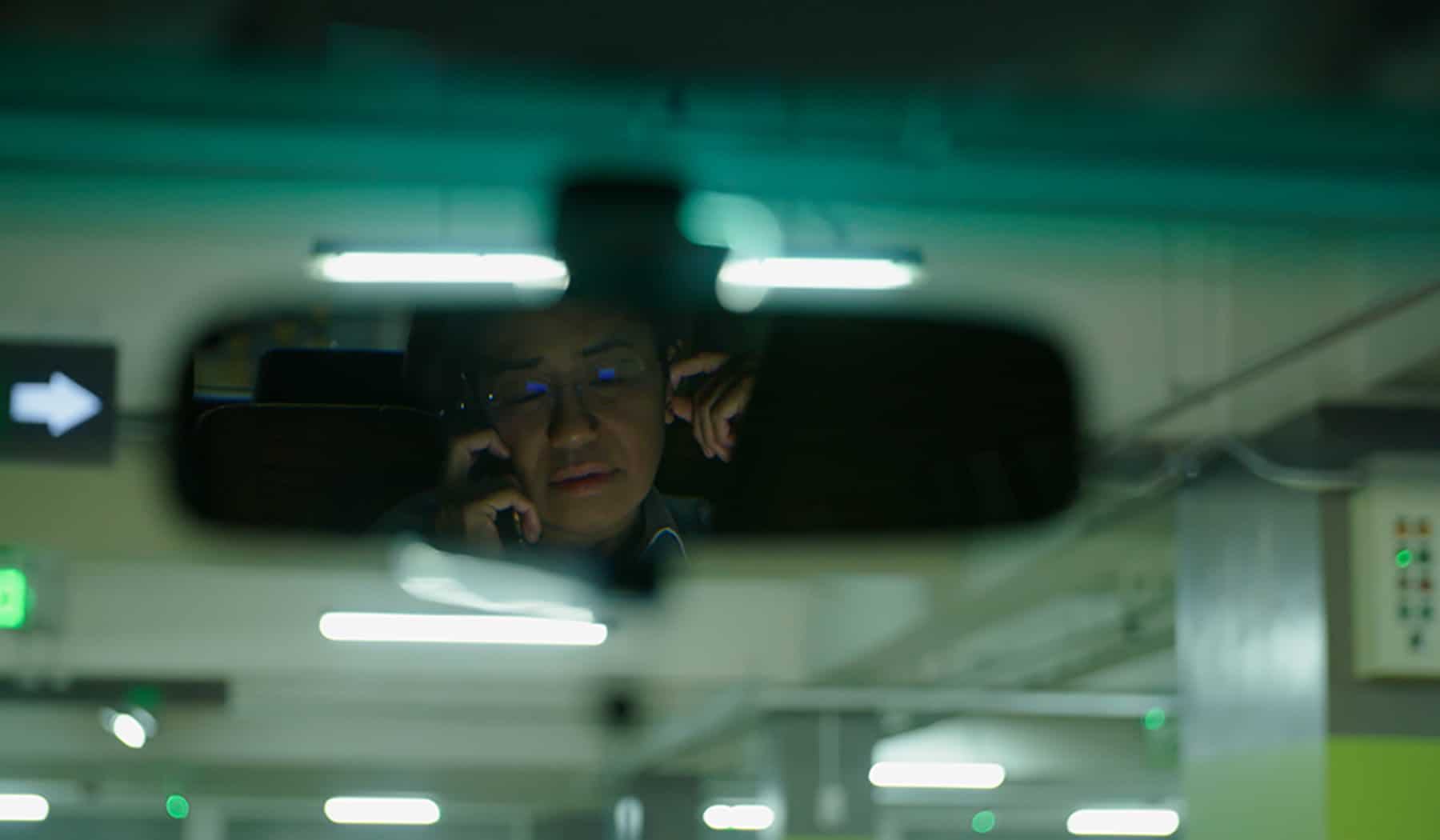
What is the current situation with the War on Drugs?
According to the government numbers, 4000 have been killed since its beginning in 2016, which is already a lot. However, human rights groups mention numbers like 27,000. The drug war openly happened in Manila and a lot of people covered it. I think it got international attention because it was so bloody and gruesome. I think this level of coverage actually surprised the government, and they moved the war outside the capital, where fewer people can cover it. It still ongoing, although I do not know at what rate and what the numbers are, but even the official ones are horrific. Even more since they are extrajudicial, they were carried out without due process. The thing is Duterte run on this campaign, he said he was going to kill drug dealers and drug pushers. And he did. This is Duterte making good on his campaign promise, which takes the whole concept to a whole other level. Because initially he carried it out in Davao, that was the myth, that he is a law-and-order guy who solved the drug problem in Davao and he will solve it for the whole country. But they killed people in Davao too, and this is what they do now, nationally.
But how does it work legally though, police killing people in cold blood? Is it now part of the law?
No, actually, according to the law, as in every country, they have to go through due process, if they are suspected for drug trafficking. But what the government uses as excuse, is that they fought back. The evidence though, and witnesses, show that they did not fight back, because they were unarmed. But then there is planting of guns, planting of evidence and that is the narrative they use. That all those people fought back and that is why they killed them.
Does this tactic have any concrete results though?
I do not know the exact numbers, but the government officials say it solved the drug problem. He presented the country as if it was a narco-state, which is far from the truth. He sold this during his campaign, and pretty soon it was in everyone's minds. And furthermore, he connected the drug problem with law and order, saying that if the drug problem is solved, we will have law and order, the latter being something that is always on people's minds. Suddenly, the drug problem became of utmost importance in people's minds, because he had that agenda. And to answer your question, no, of course not he has not solved it. Problems are not solved just through punishment, you need to have justice, rehabilitation, because most of the victims are not criminals, they are drug addicts.
Maria Ressa is obviously fighting the good fight, and Duterte is the “villain” in this story. However, she loses, badly. She is arrested, undergoes trials, the candidate she supported in the last elections did not get elected, and Duterte now is having even more power. Why?
It takes a while to fight power but it always ends. I do not know how it will end, if it will end badly, but power moves on. However, you have to fight if you feel that the people in power are in the wrong, especially the extreme right. History shows that there is always a tipping point, when people cannot take it anymore and then that power is taken away, by revolution, by protests, by proper elections. But you have to keep doing it even if you are losing, the more actually, because you cannot give up the fight. Maria, for as long as she has a megaphone and is allowed to speak out, she will. It is a very interesting thing about the Philippines, because supposedly we have a democracy, but Maria always says that there is no freedom of the press here. However, she is still speaking out, and is still allowed to share her views globally, particularly now, in the time of the pandemic. What they sow, though, is fear, fear of speaking out. Because if they can do that to Maria, they can certainly do it to lesser journalists, who do not have so much resources and attention on them. Marcos, for example, did it by declaring martial law, and then nationalizing everything. He arrested the journalists, he arrested the opposition leaders, he shut down congress. And things are not that different with Duterte, because there is still a veneer of democracy, but what he is doing is the same thing through lawsuits, which gives his actions a pretense of legitimacy. He has a supermajority in the Congress, and so he does it through this sort of legal way, but they sow fear also, through this tactic. They shut down the biggest broadcasting company, ABS-CBN, but they did it legally, by not renewing their license, for some technicality.
What is her situation now?
As you see in the film, she was convicted for cyber libel, which could bring a sentence of up to six years in prison. She is out on bail, and she is fighting that decision, which is up in the Court of Appeals and will probably be elevated to the Supreme Court. She is under strict lockdown, they do not allow her to travel and she has also been fighting for the right to travel. The pandemic is exhausting for her, as it is for all of us, but she is still fighting on all fronts.
Are you optimistic though?
I have to be, otherwise I cannot continue doing what I do. I lived under martial law, I saw dictatorship ending and it takes a long time, because the tipping points I mentioned take a long time to reach people, but it will happen. Someone like Maria keeps me optimistic, because she has not stop fighting against all odds.
What is the situation with the Filipino movie industry, particularly the documentary scene?
I am not the right person to answer this question, but what I know is that my first film (“Imelda), a documentary about Imelda Marcos, was the first documentary to be released theatrically in the Philippines, and that was in 2004. At that time, there was no documentary community, and the few documentaries that existed were mostly educational. Since then, a significant documentary community in the country has formed, and a lot more people are picking up the camera and telling their own stories, because they can. Regarding the documentary space, of which I can speak to, I see it and I feel it and there are now many workshops happening and there are some granting opportunities, and the documentary directors are starting to receive recognition. Of course, it will never be like fiction, that is a global phenomenon.
Are you working on anything new at the moment?
I have been writing a lot of fiction during this pandemic, which I am really enjoying. I have this other project also, a sports documentary and I am trying to get access for that.


